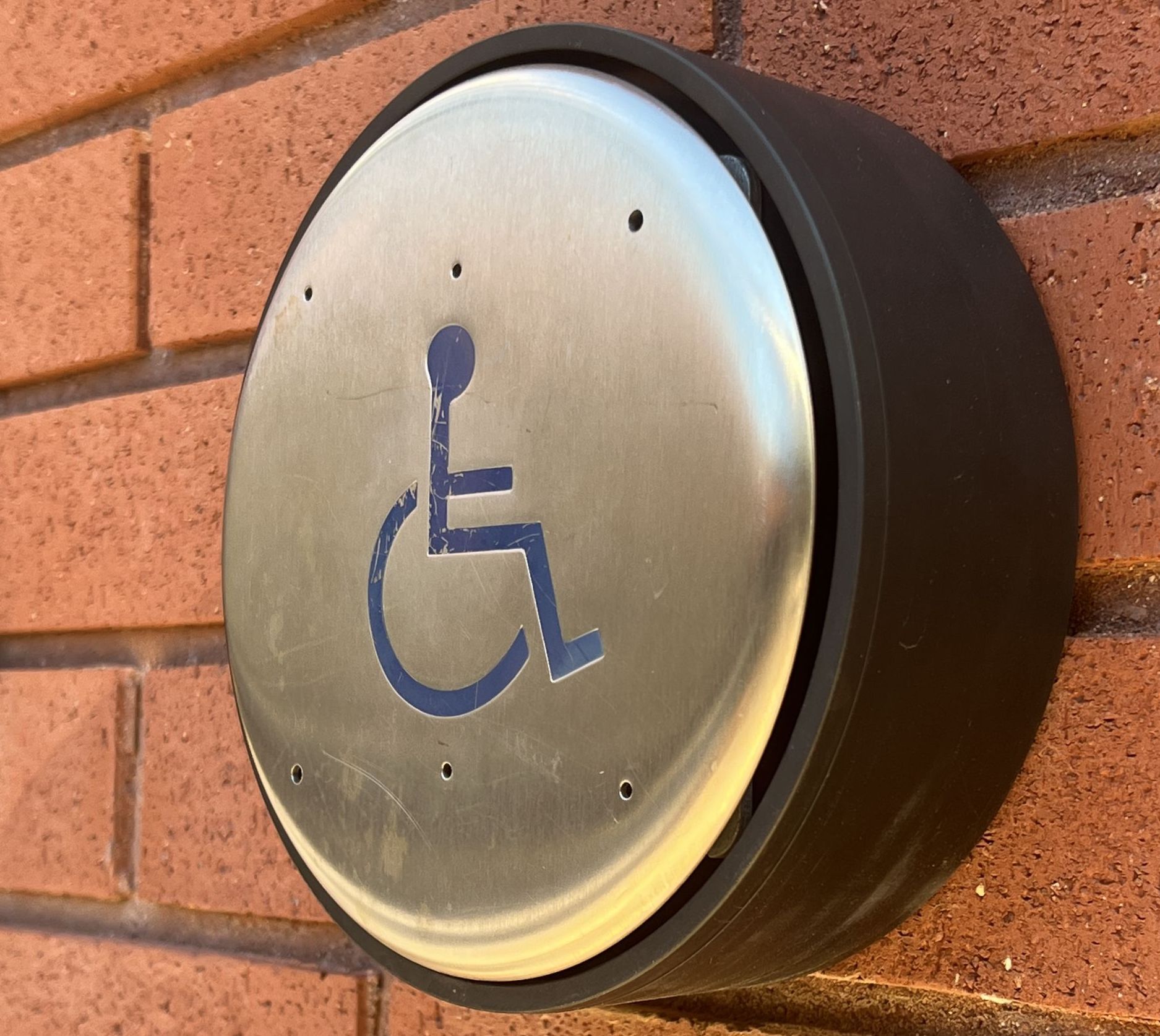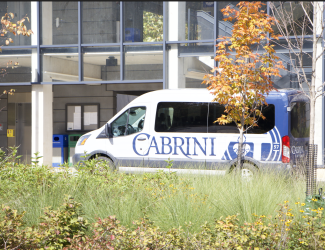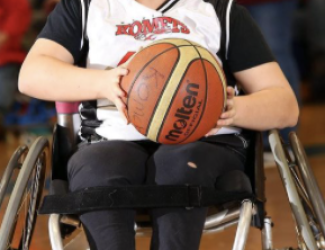People with disabilities are the highest population of any minority that are registered to vote, per a survey conducted by Rutgers University.
On Oct. 25, a public meeting run by the Philadelphia Mayor’s Commission on People with Disabilities featured a panel of speakers focusing on employment. Amy Nieves, executive director of the office, said that in 2020, 17.7 million people who participated in the presidential election, identified as having a disability. This means the disabled community have the highest voter turnout of any minority in the United States.
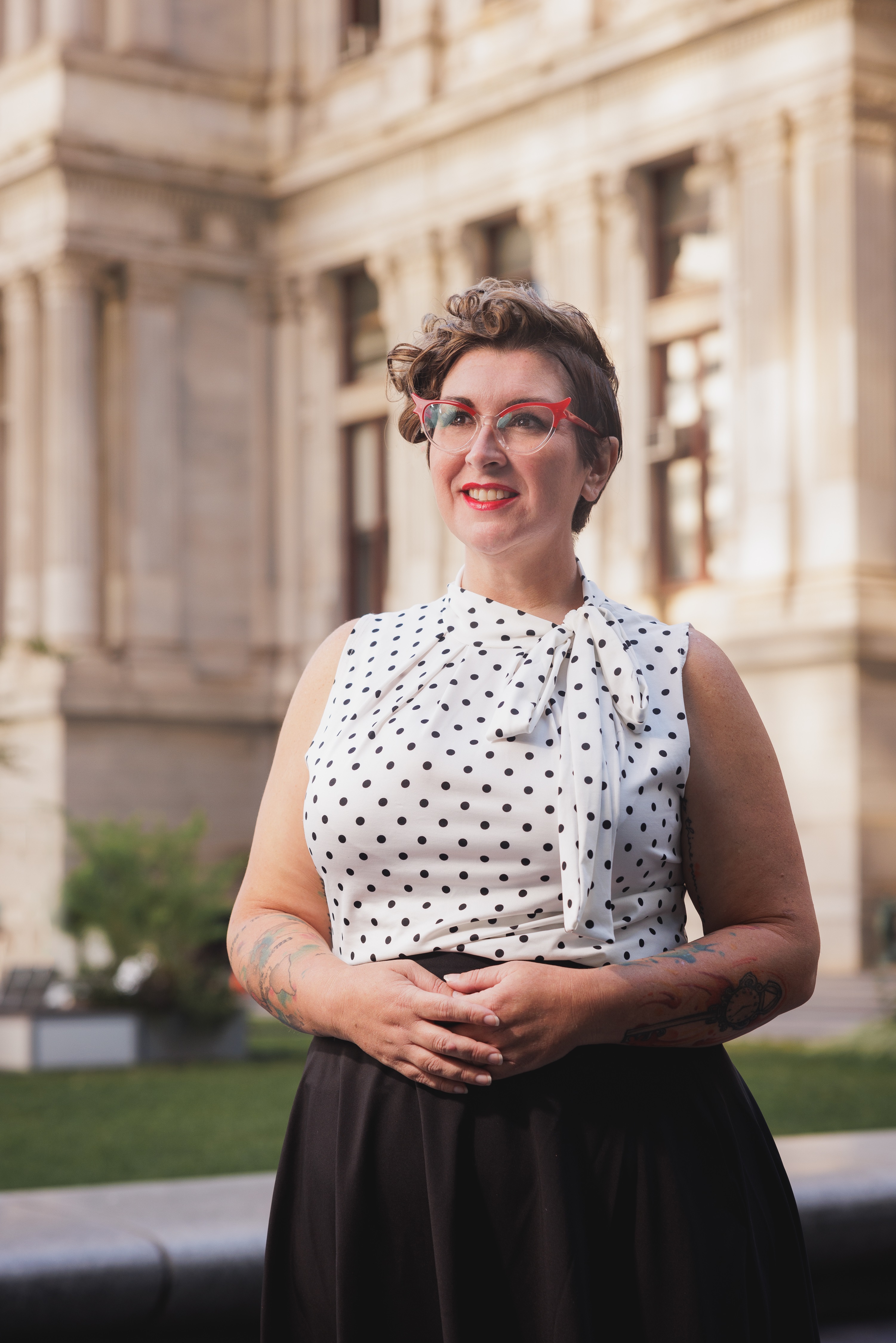
The meeting also provided information and resources about voting for people with disabilities. Their website shares an interactive map with the most recent census data for national and regional disability statistics. This data informs public officials about the importance of accessibility in their districts. The meeting showed the importance of every voter casting their vote, especially within the disability community.
Nico Meyering, an advocate with a disability and AmeriCorps alumnus, touched on the significance of the people in the disability community using their voices as a power to make sure they are being heard.
“We have incredible voting power and it is up to us to use it,” Meyering said.
In the same Rutgers study, 15% fewer accessibility issues were reported in the 2020 election than in the 2012 election. As a result, disability activism and advocacy is making a difference for disabled voters.
Needs for improvement
Samantha Sturkey, sophomore psychology major, said there is still room for improvement. Sturkey has a physical disability which requires her to be in a wheelchair, and her first time voting in person resulted in a negative experience
“It was not as easy as I would have thought because the voting boxes were really high up and it was difficult for me to see the screen,” Sturkey said.
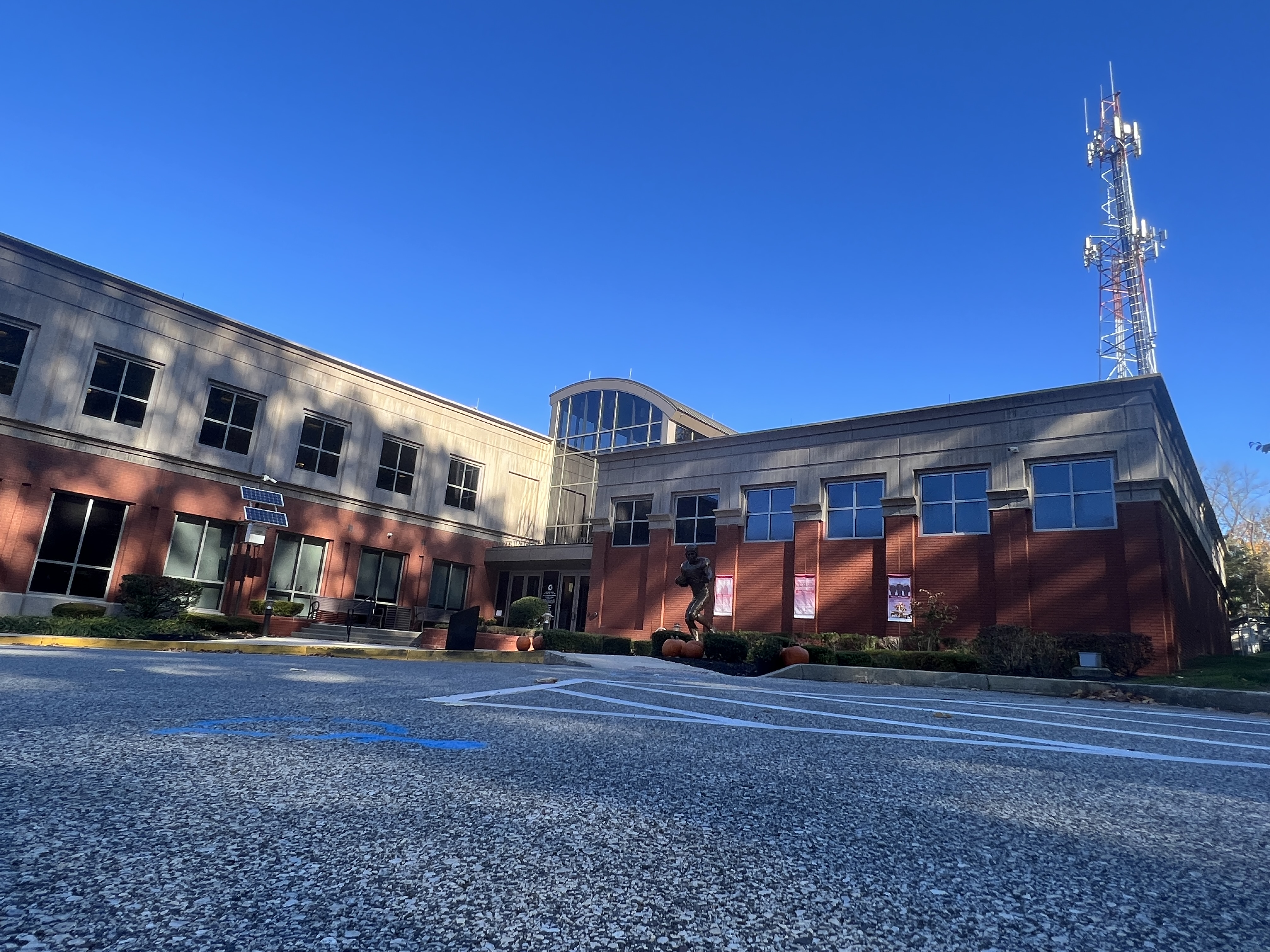
Sturkey encourages all people, especially those in the disabled community, to do background research on candidates running for office.
“For me, it’s about finding the right person that I think will be able to represent my needs,” Sturkey said.
If you are a Cabrini student or know anyone who needs special accommodations and are looking to vote in person, the Radnor Township municipal building is accessible to all.
The power of voice
Amy Nieves stresses the need to focus more on the importance of accessible voting and referred to the Voting Rights Act, 52 U.S.C. § 10508. “Given that Philadelphia has such a high disability population, ensuring that they know their rights related to voting is critical. Additionally, ensuring that voting is accessible to all registered voters is essential, particularly for areas with high disability rates.”
“While it is important for people with disabilities to know their voting rights, an important and often overlooked right is; voters with disabilities may have assistance in casting their ballots from a person of their choice, other than an employer or union official,” Nieves said.
Sturkey gives advice to new voters in the disabled community who may be hesitant about casting a vote in the upcoming election.
“When it comes to new voters with a disability, definitely doing background research on candidates is going to make a huge impact. … Also, just do research on the local polling places to make sure that they are accessible and have the right accommodations,” Sturkey said.
For more information on voting with a disability click here.

